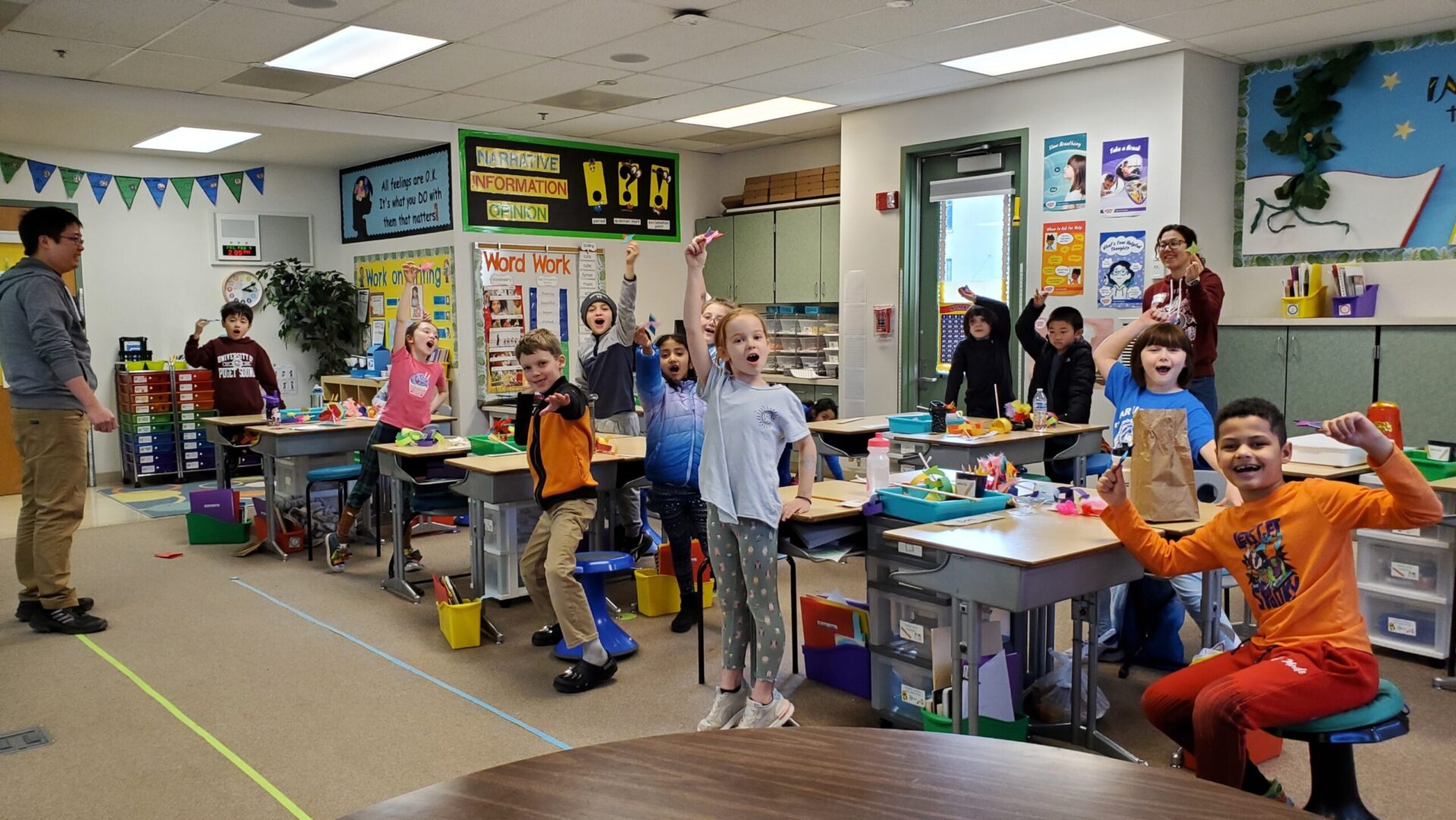Let’s talk “fractionalization.” This is a staffing model where employees fill responsibilities that make up less than a full-time position. School closure is back on the table because board members would like to “fix” fractionalization and have schools staffed by full-time-only employees. Here are a few arguments the Olympia School District makes for why school closure is the only way to do that:
🌟“School closure will “fix” fractionalization.” Fractionalization is necessary for running fully-staffed schools. For example, if one school closes, another school with a full-time librarian gets bigger, but doesn’t double in size. Now the receiving school needs a 1.4 teacher librarian. Even OSD staff, who have been paying close attention to budget sustainability, have said they are unsure if closing schools will change anything in regards to fractionalization.
🌟“Smaller schools are more expensive to run.” The only way this would be true is if the prototypical model of school staffing was a benchmark and not the actual scaling modifier. In other words, no schools pull resources from other schools, unless you’re using ad hoc staffing allocations for some schools while treating other schools as a true prototypical model.
🌟“Fractionalizing student-facing staff is necessary.” You can fractionalize any staff position. The district is making intentional decisions to splinter critical teaching staff at our schools rather than non-student facing staff.
🌟“School closure will increase art, PE, music, and library time for students.” According to the presentation Olympia School District posted for the June 26 meeting, closing a school will actually mean LESS time for this legally mandated instruction time.
🌟“Fractionalization means more travel for staff.” Fractionalized, student-facing staff can remain at their schools full-time. For example, a librarian can work part-time in the library, then fill the rest of their FTE in reading groups, library groups, and other areas of expertise they bring.
🌟“Fractionalization is avoidable.” Since the Olympia School District claims to be staffing based on a prototypical model, that means it’s scalable. Would a rural school district with 200 students have a full-time librarian? No.
More facts on fractionalization:
🌟It’s efficient. It keeps you from staffing more than what you’re receiving in funding.
🌟You get specialized expertise. Let staff have input on how they fill their positions. You never know when there’s an actual rock star in your library unless you ask.
🌟It provides flexibility––staff is more nimble and able to adjust to changing needs.
🌟Works well––when staff is accustomed to it and receives the necessary supports.
Fractionalization does not belong in conversations about school closure.



